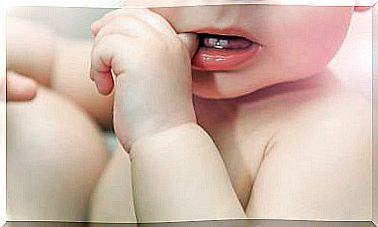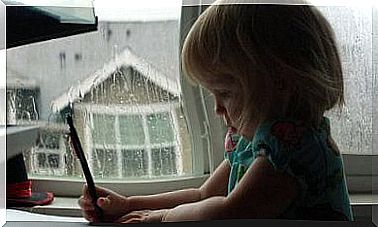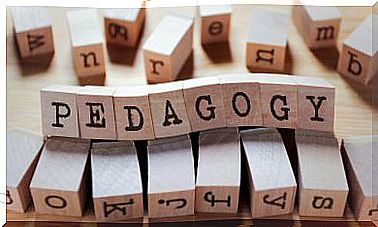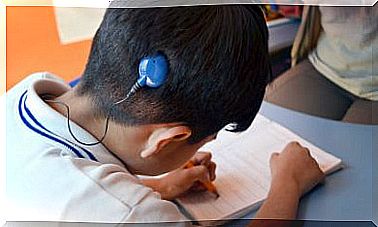Attention Deficit: Disorder In Which The School Does Not Adapt To The Child
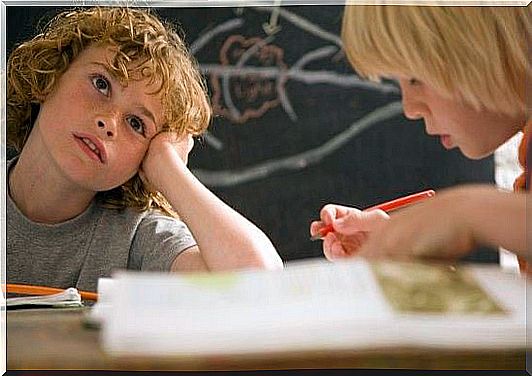
Attention deficit with or without hyperactivity is often not a problem until the child arrives at school. It is then that dissonance arises: our educational centers do not “adapt” to the needs of our children.
ADHD (attention deficit or non-attention deficit disorder) is currently the most common psychological disorder in school-age children. So much so that many specialists ask the question of whether we are perhaps leading to overdiagnosis.
Be that as it may, in most cases we have to resort from a very early age to administering drugs to our children that do not always guarantee more focused students and children capable of better processing information. In turn, the great daily effort of mothers and fathers is added to the medical treatment. Families that often suffer the consequences of a school environment that is not very sensitive to these educational needs.
Today in our space we propose you to reflect on the subject.
Attention deficit, an all too common problem
Specialists in Clinical Psychology such as Professor of Psychopathology Marino Pérez warn us that the administration of these drugs brings various side effects. Medicines such as “Concerta” or “Rubifen” contain methylphenidate.
It is an amphetamine derivative that increases the availability of dopamine to improve concentration and learning. Now, there is one aspect that we must be clear about. Many children respond very well to treatment. To the point that they improve noticeably until after a few years they stop taking the medication.
However, specialists like the one cited above tell us something that is very true. We must look for novel and sensitive strategies so that these children learn in their own way. They are usually bright boys and girls embedded in a system that sets them apart. Where they don’t fit. Where no matter how much we force them, they fail to harmonize with ordinary methods.

Something is wrong, and what we have to avoid above all is to stop pathologizing childhood. Having attention deficit is not a tragedy and should not mean failure in the school system. Let’s stop labeling and start treating these students in a more sensitive and close way.
When we receive the diagnosis of ADHD
Many moms and dads feel some relief when psychologists or neurologists offer them a diagnosis. “Your son has attention deficit hyperactivity disorder . ” It is then when we understand why he does not perform in school, why he does not learn to read. We also know why it is so difficult for him to focus and why he has always been such a restless child.
- However, many mothers and fathers tend to agree on something. They hadn’t felt that their son had a “problem” until school was out.
- Likewise, we must bear in mind that the diagnosis of attention deficit requires a work of interpretation. The brain of these children works at a different rate and in another channel. Which is not better or worse. It is different from what is carried out in schools.
However, any student who strays from the classic academic schemes is labeled as problematic. We need the help of good professionals. We know that teachers and professors do a wonderful job. What happens is that many times they cannot give more of themselves.
- We have overcrowded classrooms with too many students.
- The guidance department, as well as the specialists in therapeutic pedagogy, are not always able to reach all students.
- We have a mass teaching that does not meet individual needs.
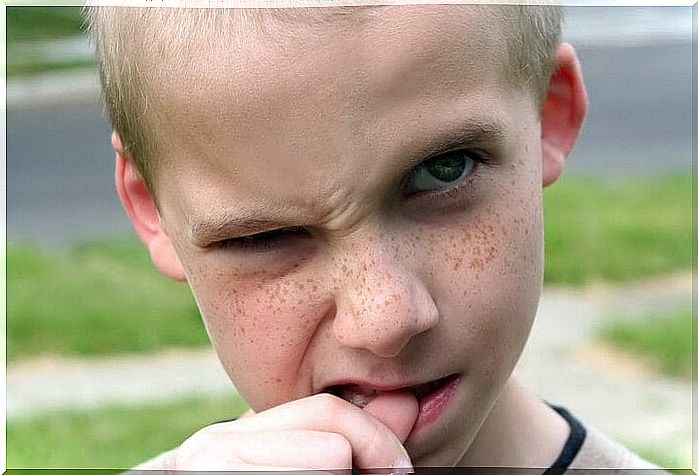
How to help our children with attention deficit
First of all from our space, we want to launch our voice of support to all moms and dads who fight every day to give the best to their child with attention deficit. We are aware of your daily struggles so that she learns to read, to divide, to finish her homework every afternoon. We know that there will be days when you think you can’t take it anymore. And moments when you are filled with joy when you see each advance, each achievement.
Here are some small strategies in case your child has just received this diagnosis.
- Seek second opinions. If your specialist recommends the medication, try other ways first. We must bear in mind that drugs are not a panacea: they are a complement. There will be children who respond very well to it and others not so well.
- Consult with other parents with the same problem. Go to groups where they give you advice. Sooner or later you will be a craftsman of cognitive-behavioral techniques to manage your time, your attention, the way you work and organize your activities.
- You are going to have to make many visits to your child’s school. There will be no progress if there is no support from teachers and psychopedagogues.
- Never forget about your child’s emotions. Every day you will have to face the labels of “slow, clueless, clumsy” … Avoid receiving them and take care of your self-esteem.
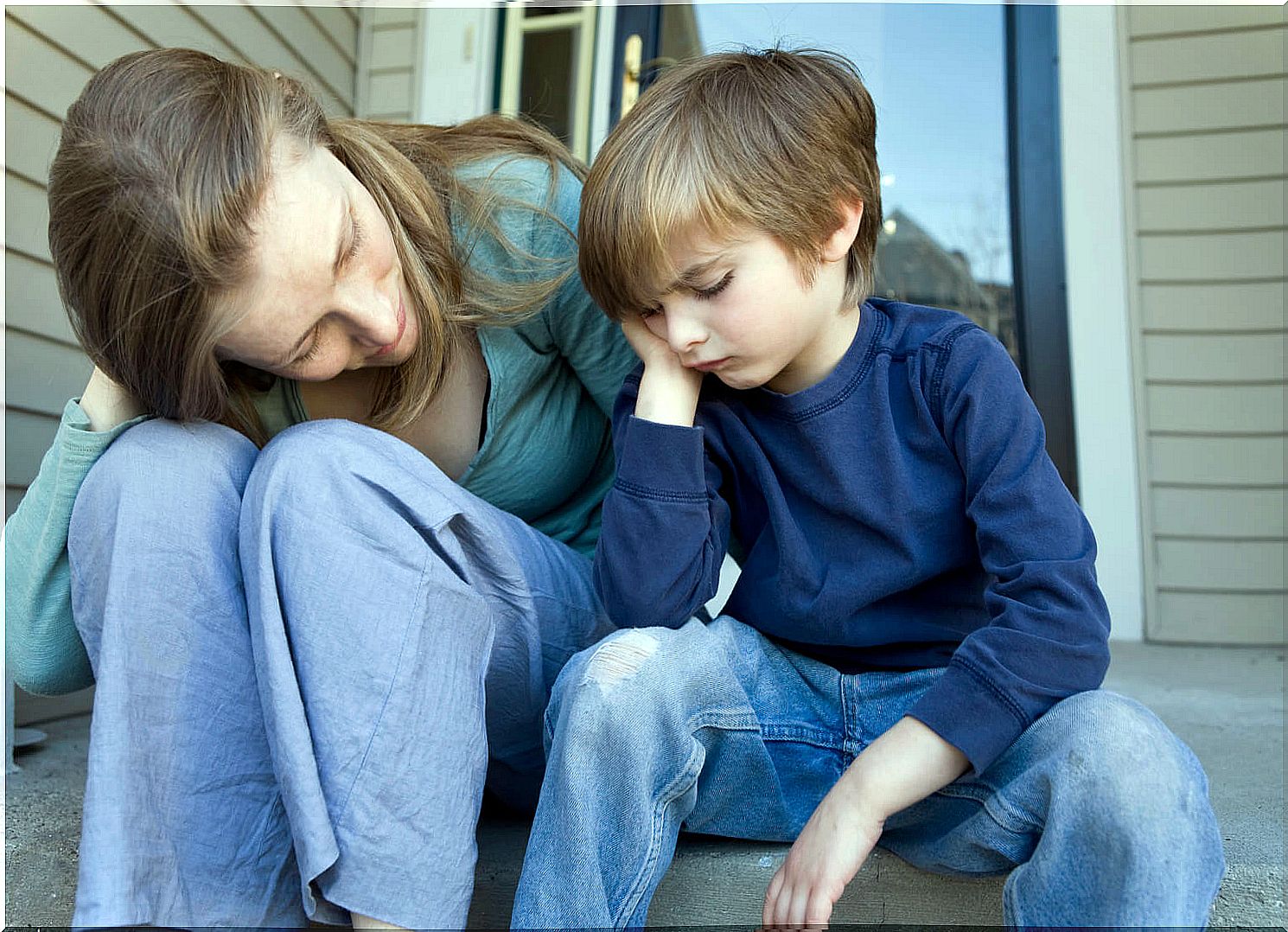
Lastly, understand that there will be better and worse days. However, these children are usually bright boys and girls. With the right support and our love, they can go a long way. Although the essential thing is that they be happy.




